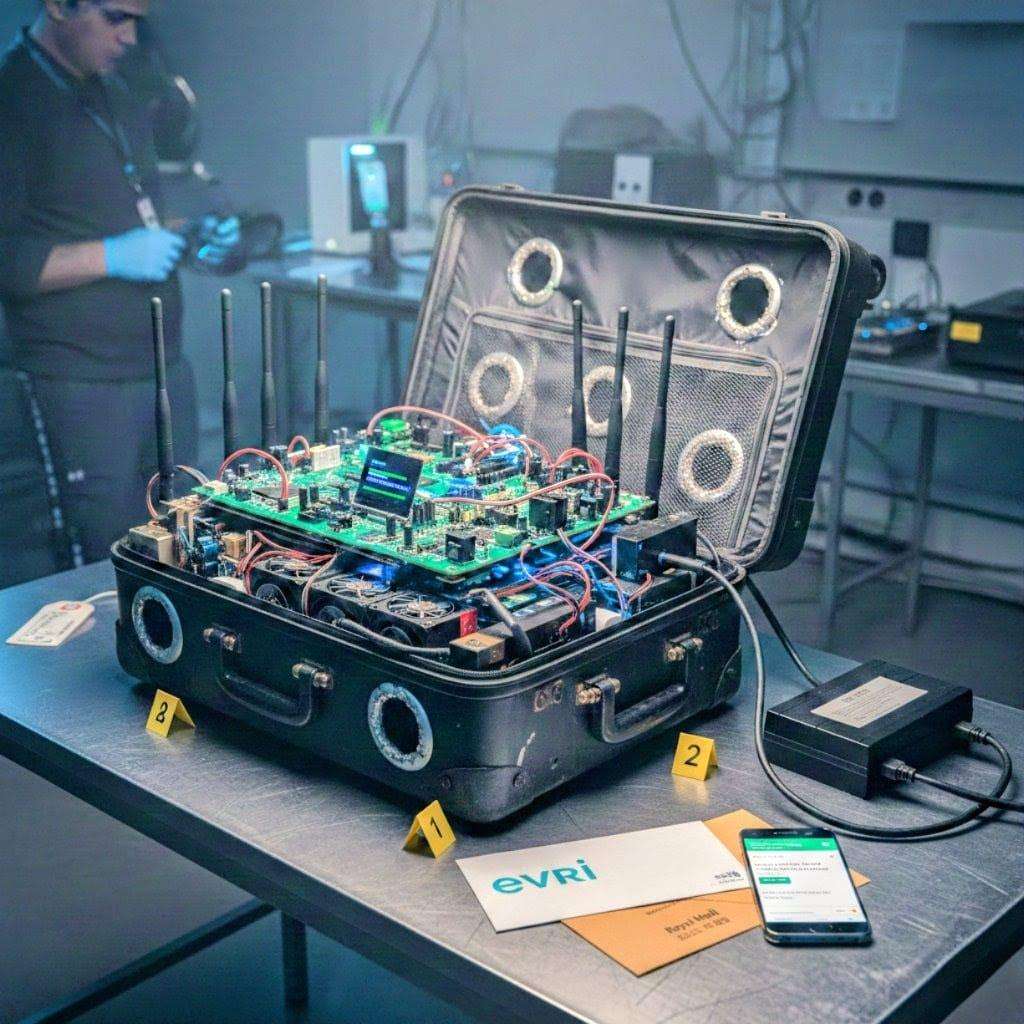Almost 8,000 foreign nationals, mostly from Bangladesh, India, Belarus, and Pakistan, have temporary residency cards in Lithuania at the moment, mainly for academic purposes.
There are presently about 1,400 Indian students studying in Lithuania, along with 959 Belarusian students and 709 Pakistani students, according to Jolita Gestautaitė of the Migration Department.
According to LRT, with 668 study-based temporary residence permits granted thus far this year, Indian nationals have gotten the most, followed by 552 licenses granted to citizens of Pakistan and 355 permits granted to students from Bangladesh.
108 Belarusians were granted temporary residency cards in Lithuania in 2024 so they may pursue their education. To study there, students can apply for a temporary residency permit or a national visa. Exchange program participants usually have national visas that allow stays of up to one year.
On the other hand, non-EU students enrolled in long-term study programs can apply for temporary residence visas. For two years, these permits are valid for bachelor's and master's students; for three years, they are valid for doctoral applicants.
Additionally, the Migration Department states that international students enrolled in master’s or doctoral programs can bring their family members to Lithuania. So far this year, Lithuania has issued over 3,000 temporary residence permits for studies, compared to 4,400 issued in the previous year.
Stricter immigration policies raise denial rates for foreign nationals in Lithuania
In light of stronger migration control procedures, Lithuania has observed a rise in the number of individuals denied the permission to reside and work there.
According to data from the Lithuanian Ministry of Interior, this year about 36,000 international applicants for residency and employment have been turned down. This increase comes after stricter procedures and changes to the Law on the Legal Status of Foreigners, which went into force on July 1.
There are over 220,000 foreign residents in Lithuania, including refugees from Ukraine, and about 116,000 foreign workers. Lithuania made a big move by limiting the number of external service providers it uses to process new hires. This brought down the number of these suppliers from 34 to 30.
Additionally, the rules for residence permits have been tightened. In 2024, Lithuania processed a total of 67,175 residence permit applications, with 20,410 of those being rejected due to various deficiencies.
Lithuania has also strengthened its oversight of local companies by banning 45 firms from recruiting foreign workers. This measure aims to enhance control over the hiring process and ensure compliance with immigration regulations.








.svg)

